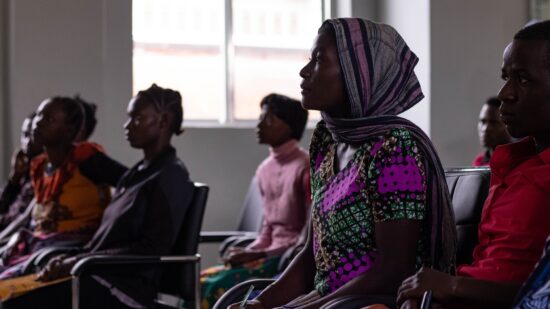Fighting Antimicrobial Resistance in Developing Countries: Innovative Approaches and Challenges
Antimicrobial resistance (AMR) is a global health concern, particularly impacting developing countries. A collection of eight studies explores the pressing need for integrated, multidisciplinary strategies to address AMR effectively.
Key Findings
-
Surveillance and Monitoring
- The studies stress the importance of robust surveillance systems to track AMR trends.
- Molecular diagnostics and epidemiological analyses are crucial for understanding and mitigating AMR in healthcare and community settings.
-
Transmission Pathways
- AMR transmission through animals and the environment requires targeted interventions.
- Environmental strategies play a vital role in limiting the spread of resistant pathogens.
-
Antimicrobial Stewardship
- Improved antimicrobial stewardship programs are essential for optimizing the use of antimicrobials.
- Regular updates to treatment guidelines for high-risk groups are necessary to ensure efficacy.
-
Infection Control
- Enhanced infection control protocols are critical to mitigating AMR in healthcare environments.
-
Community and Environment-Based Interventions
- Community-driven approaches and environmental measures are key to tackling AMR at the local level.
Conclusion
The collection underscores the need for a holistic approach involving surveillance, stewardship, infection control, and community-based strategies to combat AMR effectively, particularly in developing countries.
AMR NEWS
Your Biweekly Source for Global AMR Insights!
Stay informed with the essential newsletter that brings together all the latest One Health news on antimicrobial resistance. Delivered straight to your inbox every two weeks, AMR NEWS provides a curated selection of international insights, key publications, and the latest updates in the fight against AMR.
Don’t miss out on staying ahead in the global AMR movement—subscribe now!







